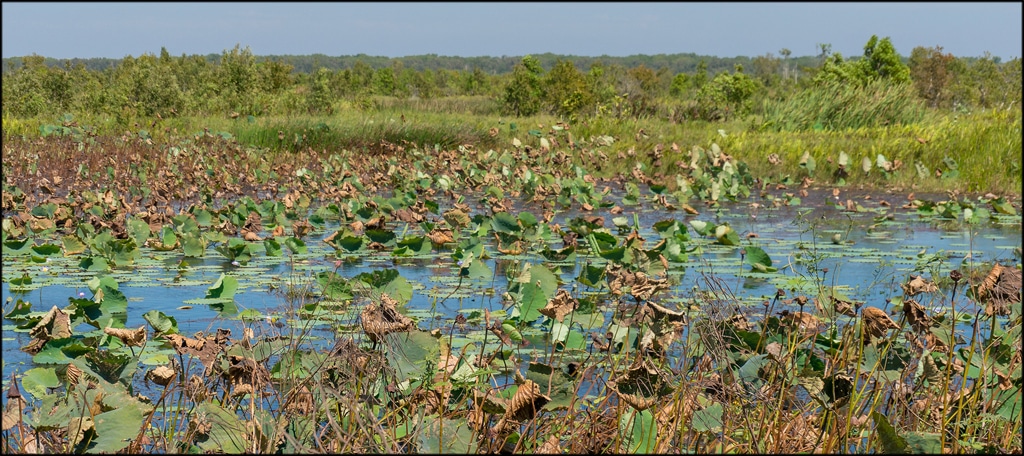The EPA will be rolling back federal water protection in some areas. It announced Thursday that the Navigatable Waters Protection Rule will go into effect and reduce the protection in certain locales.
The premise of this change is to not confuse landowners that may have land that resides in specific regions. In particular, farmland that is close to wetlands or streams will no longer have to take precautions.
While the regulations have not gone into effect yet, it is expected to raise pollution levels of drinking water.
What Does the New Rule Do?

According to the announcement, the first purpose of this rule is to clearly define the “waters of the United States” (WOTUS). This makes it easy for land and business owners to start new projects quicker.
Previously, water on land could prevent a project from taking place. It would make the landowner follow a different set of rules to ensure the water remained uncontaminated.
That will no longer be required, which means there is a much higher chance of water pollution.
In particular, this will focus on bodies of water like seasonal streams and wetlands. Meaning landowners will not need to worry about them.
It is important to understand that while this rule reduces federal water protection, it will give states more control of their water.
What Kind of Effects Could We See?
For those who own the land, they will have more freedom to do what they want including new construction projects and not having to worry about chemical runoffs.
As an everyday citizen in that area, you will have polluted water to drink. Since many of the proposed wetlands and streams are connected to other bodies of water, the pollution will spread to the water that is protected.
While this is a win for business owners, it is a big loss for the people who rely on that water.


